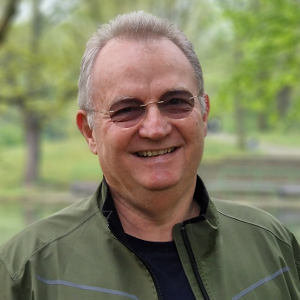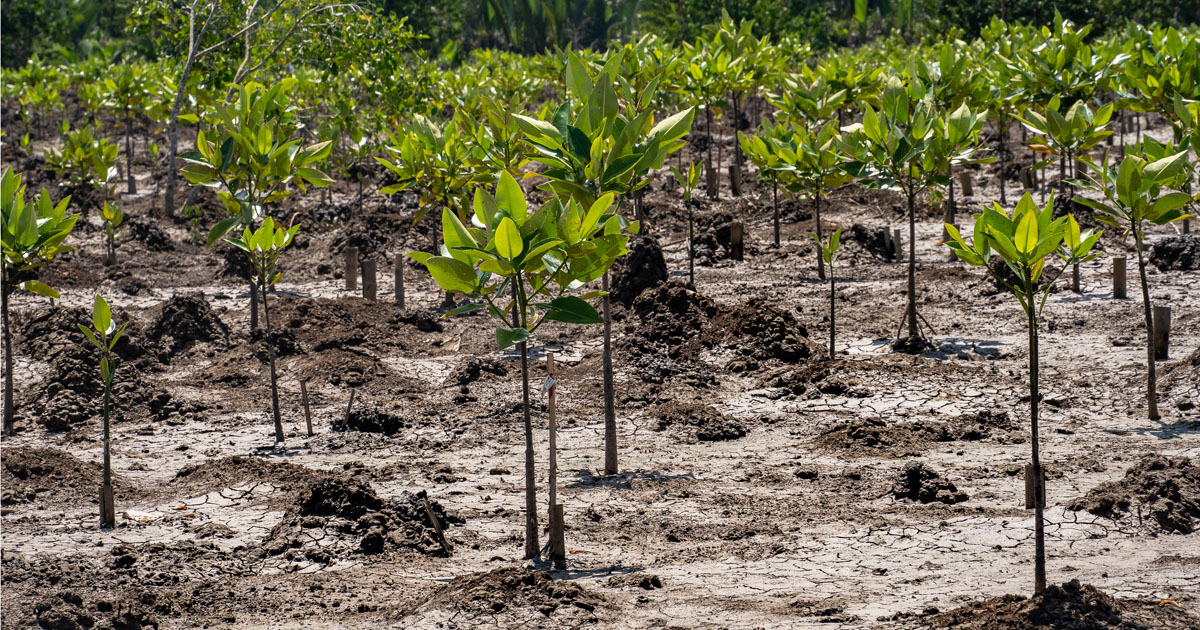Description
The use of wood biomass for energy purposes has been growing in Serbia, and wood biomass—mostly from public and private forests—is being used for inputs in 70 wood pellet plants, as wood chips in industrial boilers, for export of wood products-including innovative new bioeconomy products, as well as for fuel for district heating systems and private homes. However, consumption of wood biomass in Serbia is currently unsustainable given the available natural resources. New sustainable sources of wood biomass are needed to meet demand, especially given the planned switch of additional district heating plants from fossil fuels to wood chips and the pending implementation of additional combined heat and power plants based on wood chips.
The Autonomous Province of Vojvodina (APV) is the agricultural heartland of Serbia and its current leadership is proactively working on implementing green solutions which would accelerate positive transformation at scale in Serbian farming competitiveness, rural job creation, local clean energy, bioeconomy, land and water restoration, and native forest sustainability. The Sustainable Serbia Finance Facility, which supports investment at scale in short rotation wood biomass plantations and in other renewable energy resources, is intended to achieve all these objectives using best practices on government-owned and private abandoned agricultural land no longer suitable for agricultural production.
This project contributes to that by focusing on introducing short-rotation biomass plantations together with agroforestry borders and permanent forest restoration together, to support rural development and improved livelihoods combined with environmental sustainability. This is done through: (1) demonstration of environmentally, socially, and financially sound local wood biomass production using willow and other local tree species for renewable energy, based on pilot cultivation of short rotation plantations (SRPs) on abandoned and degraded agricultural land, (2) development of both a technically, legally, and economically viable business model for scaling SRPs in Serbia (to 45,000 ha) and a forest landscape restoration (FLR) strategy, including prioritized site selection for restoring of up to 4,000 ha of permanent trees with options for non-timber products (honey, fruit, medicine, fodder), the development of km of diverse, productive agroforestry borders, and (3) devising enabling environment elements for scaling to include stakeholder engagement, farmer outreach and training platform, logistics, and finance and funding options.
This project is implemented by CIFOR Germany and CIFOR-ICRAF in partnership with E3 International, with the support of the Austrian Development Agency (ADA) and in collaboration with biomass energy related companies and business associations in Austria.





















